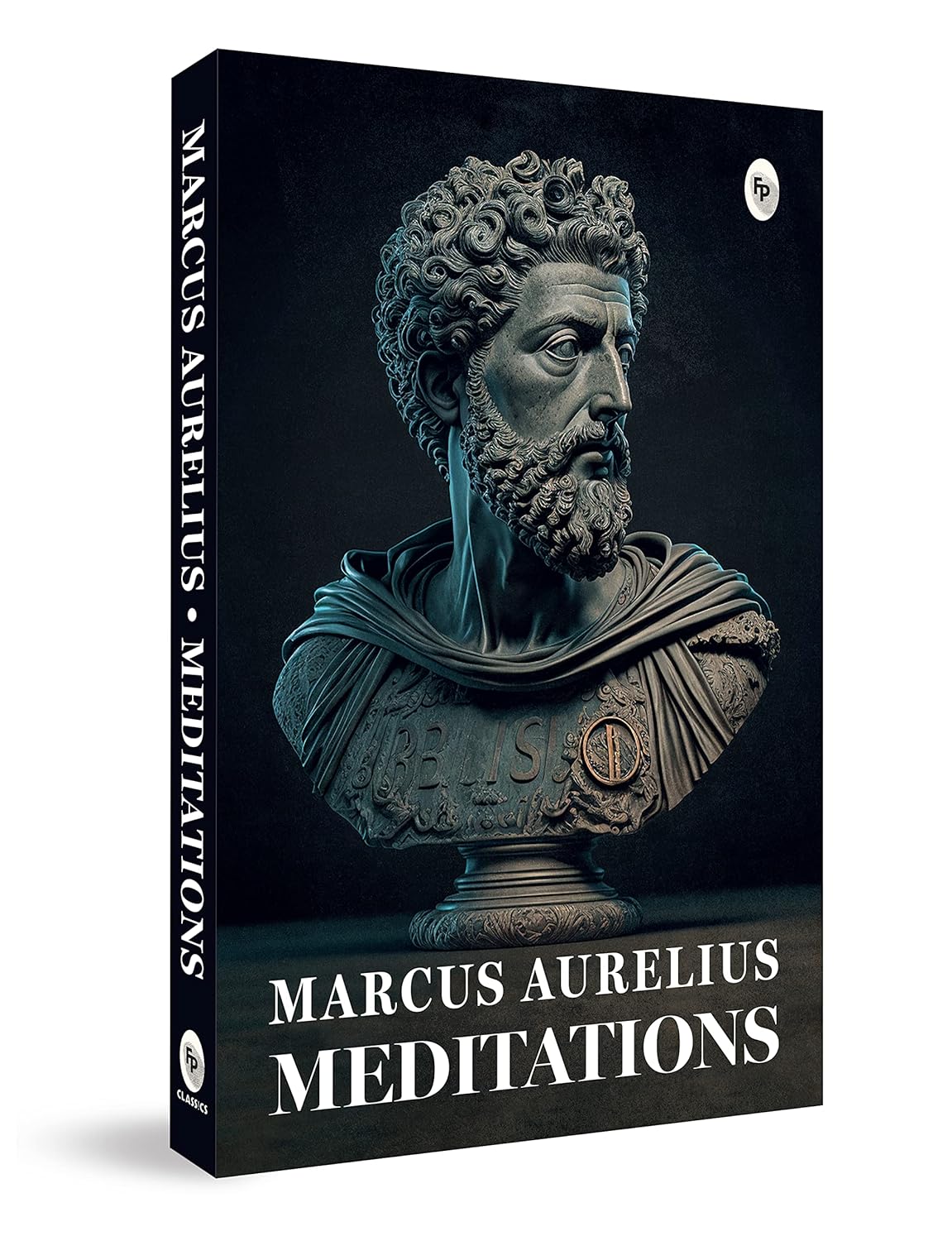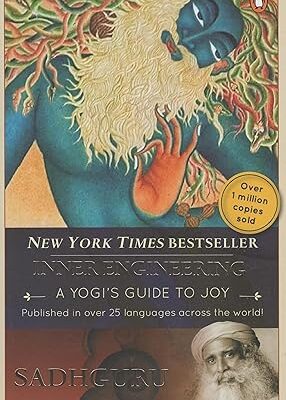Meditations – by Marcus Aurelius
Secure Checkout with Amazon!
- Top-Rated Books
- Readers Satisfaction
- Verified Customer Reviews
Description
Meditations by Marcus Aurelius is one of the most celebrated works of Stoic philosophy, offering deep insights into the mind of a Roman emperor grappling with the moral and ethical questions of life, leadership, and the nature of human existence. Composed as a series of personal reflections, the book is not a structured philosophical treatise but rather a collection of notes written by Aurelius to himself during various stages of his reign, particularly while on military campaigns. These writings, never intended for publication, provide a unique and introspective look into the emperor’s thoughts as he strove to live a virtuous life according to Stoic principles.
At its core, Meditations revolves around the fundamental teachings of Stoicism—a philosophy that emphasizes the importance of reason, self-discipline, and inner tranquility in the face of external hardships. Marcus Aurelius, as one of the last of the so-called “Five Good Emperors,” was a leader who bore immense responsibility. His reflections showcase a deep understanding of the human condition and a constant reminder to himself to remain humble, rational, and connected to his sense of duty, despite the privileges and pressures of his position.
One of the key themes of Meditations is the idea of accepting the natural order of things. Aurelius frequently reminds himself that the universe operates according to its own laws, and that individuals have little control over external events. Instead, what truly matters is how one responds to these events. He encourages a mindset that focuses on what is within one’s control—namely, one’s own thoughts, actions, and reactions. This Stoic principle of focusing only on what can be controlled is a recurring message throughout the book, helping Aurelius to navigate the complexities of imperial rule, military command, and personal life.
Another prominent aspect of Meditations is the theme of mortality. Aurelius repeatedly reflects on the fleeting nature of life, reminding himself that death is inevitable for all, regardless of status or power. This awareness of mortality serves as a constant motivator for him to live with integrity, to avoid distractions, and to focus on what is truly important. By confronting the reality of death head-on, Aurelius cultivates a sense of detachment from trivial concerns and a deeper appreciation for the present moment.
The concept of duty and responsibility is central to Aurelius’ reflections. As an emperor, he was acutely aware of the weight of his role and the impact of his decisions on the Roman Empire. In Meditations, he often reminds himself to act in accordance with the greater good, to serve his people with justice, and to fulfill his obligations with diligence. This sense of duty is tied closely to Stoic ideals of virtue, which prioritize wisdom, courage, justice, and temperance as the highest goods. For Aurelius, living a virtuous life was not just a personal goal but a fundamental aspect of his role as a ruler.
Aurelius also frequently discusses the importance of rationality and emotional control. He emphasizes the need to maintain composure in the face of challenges, to avoid being swayed by emotions such as anger or fear, and to approach every situation with clear and rational thinking. This is particularly significant given his position as emperor, where rash decisions could have profound consequences. Through his writings, Aurelius continually reinforces the idea that reason is the key to navigating life’s difficulties, and that true strength lies in the ability to remain calm and centered in the midst of chaos.
Another notable element of Meditations is its emphasis on interconnectedness and the broader human community. Aurelius often reflects on the notion that all human beings are part of a larger whole, and that each individual has a role to play in the greater scheme of things. This Stoic idea of cosmopolitanism—the belief that one is a citizen of the world, connected to all of humanity—encourages a sense of empathy, cooperation, and a focus on the common good. Aurelius’ reflections on this theme reveal his belief that personal well-being is intrinsically linked to the welfare of others, and that true happiness can only be found in contributing to the greater good of society.
Stoicism, as practiced by Marcus Aurelius, is not a passive philosophy. Rather, it is deeply concerned with action—specifically, taking right action in the face of adversity. Meditations repeatedly urges its reader (or in Aurelius’ case, the writer himself) to take initiative, to avoid procrastination, and to engage fully with life. Aurelius reflects on the importance of overcoming distractions and maintaining focus on one’s goals, which aligns with Stoic teachings on the disciplined pursuit of virtue.
The personal nature of Meditations gives the reader a rare insight into the inner struggles of a man who was both a philosopher and a ruler. Aurelius openly confronts his own weaknesses, reminding himself to resist vanity, pride, and indulgence. His writings demonstrate a constant striving for self-improvement, not out of a desire for glory, but from a genuine wish to live in accordance with nature and reason. This humility is a defining characteristic of the text, making it relatable to readers across generations, despite the vast differences in context between the life of a Roman emperor and that of a modern individual.
The timeless appeal of Meditations lies in its universal lessons. Though Marcus Aurelius lived nearly two thousand years ago, the wisdom contained in his writings resonates with people from all walks of life, across cultures and centuries. The practical advice on how to maintain perspective, develop inner strength, and live a virtuous life continues to inspire readers to this day. The book serves as a guide not just for rulers or philosophers, but for anyone seeking to navigate the complexities of life with grace and integrity.
In summary, Meditations is a profound exploration of Stoic philosophy, personal ethics, and the human condition. Through his reflections, Marcus Aurelius offers a roadmap for living a life of purpose, virtue, and inner peace. His writings challenge readers to focus on what is within their control, to embrace mortality with acceptance, and to fulfill their duties with wisdom and justice. Whether read as a philosophical guide, a historical document, or a source of personal inspiration, Meditations remains one of the most influential and enduring works of Western thought.






Reviews
There are no reviews yet.